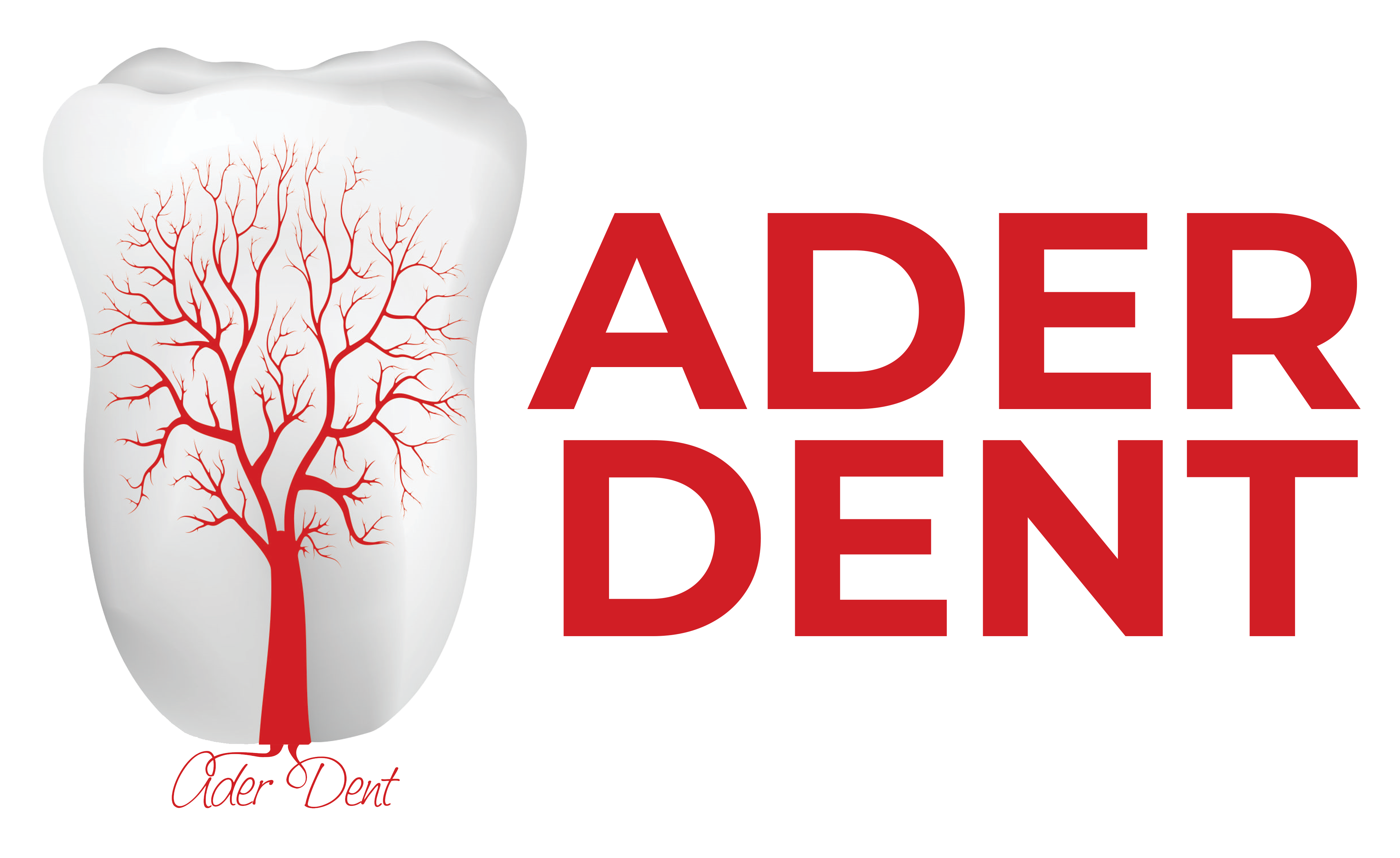Bad breath, commonly known as halitosis, can negatively affect both social and psychological life. About one in four people worldwide experience this condition, and in recent years, awareness and treatment methods in oral and dental health have rapidly increased. Halitosis can originate from the mouth or other parts of the body, and early diagnosis can prevent serious problems in both personal and social interactions.
Causes of Bad Breath (Halitosis)
Halitosis can be classified into two main categories: pathological and physiological. In addition, certain conditions may lead to temporary bad breath.
Oral-Origin Halitosis (Pathological)
Halitosis originating in the mouth accounts for 80% to 90% of all halitosis cases. The primary causes include:
- Tongue Coating: Bacteria and food particles accumulating on the tongue, especially at the back, can lead to bad breath.
- Periodontal Diseases: Gum inflammation (gingivitis) or periodontal diseases (periodontitis) can cause bad breath.
- Tooth Decay and Gum Diseases: Cavities and infections in the teeth can produce unpleasant odors.
- Dry Mouth: Insufficient saliva production allows bacteria to thrive, leading to bad breath.
- Reflux and Postnasal Drip: Gastroesophageal reflux (acid from the stomach flowing back into the esophagus) or postnasal drip due to nasal congestion can contribute to bad breath.
- Poorly Fitted Dentures and Mucosal Diseases: Improperly fitted dentures or diseases affecting the oral mucosa can also cause unpleasant odor.
Non-Oral Halitosis (Pathological)
Many systemic diseases outside the mouth can also lead to halitosis. These include:
- Upper and Lower Respiratory Tract Infections: Conditions such as sinusitis, bronchitis, and pneumonia can contribute to bad breath.
- Gastrointestinal (GI) Disorders: Peptic ulcers, stomach cancer, and esophageal diseases may result in halitosis.
- Liver Diseases and Chronic Kidney Failure: Liver failure or kidney dysfunction can lead to foul breath.
- Metabolic Diseases: Conditions like diabetes, certain endocrine disorders, and cancers can also cause halitosis.
Physiological (Temporary) Halitosis
Physiological halitosis is temporary and may result from the following factors:
- Food Residues: Certain foods (such as onions and garlic) may leave a lingering odor in the mouth.
- Smoking: Smoking is one of the most common causes of bad breath.
- Menstruation: Hormonal changes during a woman's menstrual period can temporarily cause bad breath.
- Poor Oral Hygiene: Inadequate oral hygiene can lead to plaque and tartar buildup, resulting in bad breath.
Treatment of Bad Breath (Halitosis)
Treatment of halitosis begins with the correct diagnosis of the underlying cause. Bad breath can be prevented through regular tooth brushing, flossing, and professional dental cleaning. Additionally, addressing dry mouth or dental problems can reduce the risk of halitosis. Tooth decay and dental lesion treatment are prioritized, as they are among the most common causes of bad odor. For causes outside the mouth, treatment of the underlying medical condition is necessary.


 TR
TR







